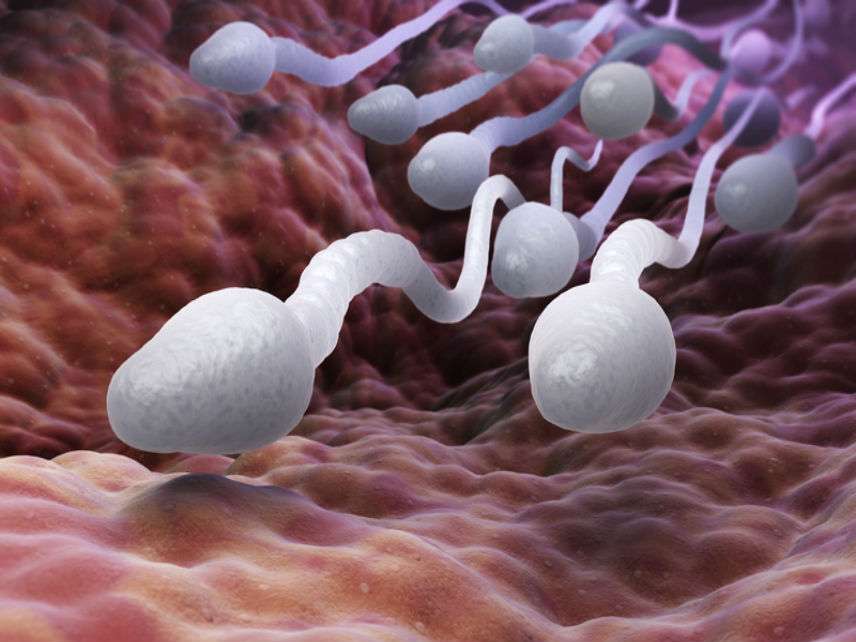Spermpocalypse Now?
Are human beings about to become extinct due to falling sperm counts?

The BBC headline blares, "Sperm count drop 'could make humans extinct'."
The story is based on a new systematic review and meta-regression analysis of recent trends in both sperm concentration and total sperm count. The study, published in Human Reproduction Update, reports "a significant decline in sperm counts…between 1973 and 2011, driven by a 50–60% decline among men unselected by fertility from North America, Europe, Australia and New Zealand." By "unselected," the authors basically mean young men who are screened for military service or college who are unlikely to be aware of their fertility status. (For example, the Danish military subjects its recruits to a compulsory medical examination that apparently includes measuring their sperm count and testes sizes.)
The meta-analysis encompassed the results of 185 studies involving 42,935 men from 50 countries on six continents who provided semen samples from 1973 to 2011. The researchers claim that their analysis tried to take into account confounding factors that lower sperm counts, including obesity, smoking, alcohol use, and stress. They report that sperm counts among unselected men living in rich developed countries fell from 99 million spermatozoa per milliliter in 1973 to 47 million per milliliter in 2011. Total sperm counts fell from 337.5 million to 137.5 million—a decline of nearly 60 percent.
On the other hand, the researchers found no decline in sperm counts among men living in South America, Asia, or Africa.
This not the first time a spermpocalypse has been declared. The claim was first made in 1992 article by Scandinavian researchers, who reported there had been a decline of nearly 50 percent in 50 years. Ever ready to fan the flames of panic, the publicists at Greenpeace quickly initiated a clever campaign of advertisements declaring, "You're not half the man your father was."
As the researchers acknowledge, their study tells us nothing about what caused the declines it identifies. Nevertheless, they speculate that it could be result of endocrine disruption from lifestyle changes and exposures to pesticides and synthetic chemicals. Endocrine disruption is the particular focus of one of the researchers, Shanna Swan, who teaches environmental medicine and public health at the Icahn School of Medicine at Mount Sinai. This study will doubtlessly be cited in grant proposals for more funding for research on the toxicologically questionable endocrine disruption paradigm.
So the extinction of humanity due to falling sperm counts near at hand? Perhaps not. In a 2013 comprehensive review of 35 sperm quality studies published after 1992, New York-Presbyterian Hospital/Weill Cornell Medical College fertility specialist Harry Fisch and a colleague looked into the trend data on sperm counts. The researchers reported that eight studies involving a total of 18,109 men suggest a decline in semen quality; 21 studies encompassing 112,386 men show either no change or an increase in semen quality; and six studies involving 26,007 men show ambiguous or conflicting results. The upshot, Fisch says, is that "allegations for a worldwide decline in semen parameter values have not withstood scientific scrutiny." Asked if he stood by those findings, he replies, "Absolutely."
Fisch suggests that despite their efforts to consider confounding effects, the researchers may have failed to adequately take into account the more or less reversible effects on sperm production associated with rising obesity, marijuana use, sedentary lifestyles, and testicular temperature.
Given that the World Health Organization finds that 15 million sperm per milliliter is considered normal and adequate for fertilization, headlines suggesting the imminent extinction of humanity seem a bit overwrought.


Show Comments (62)